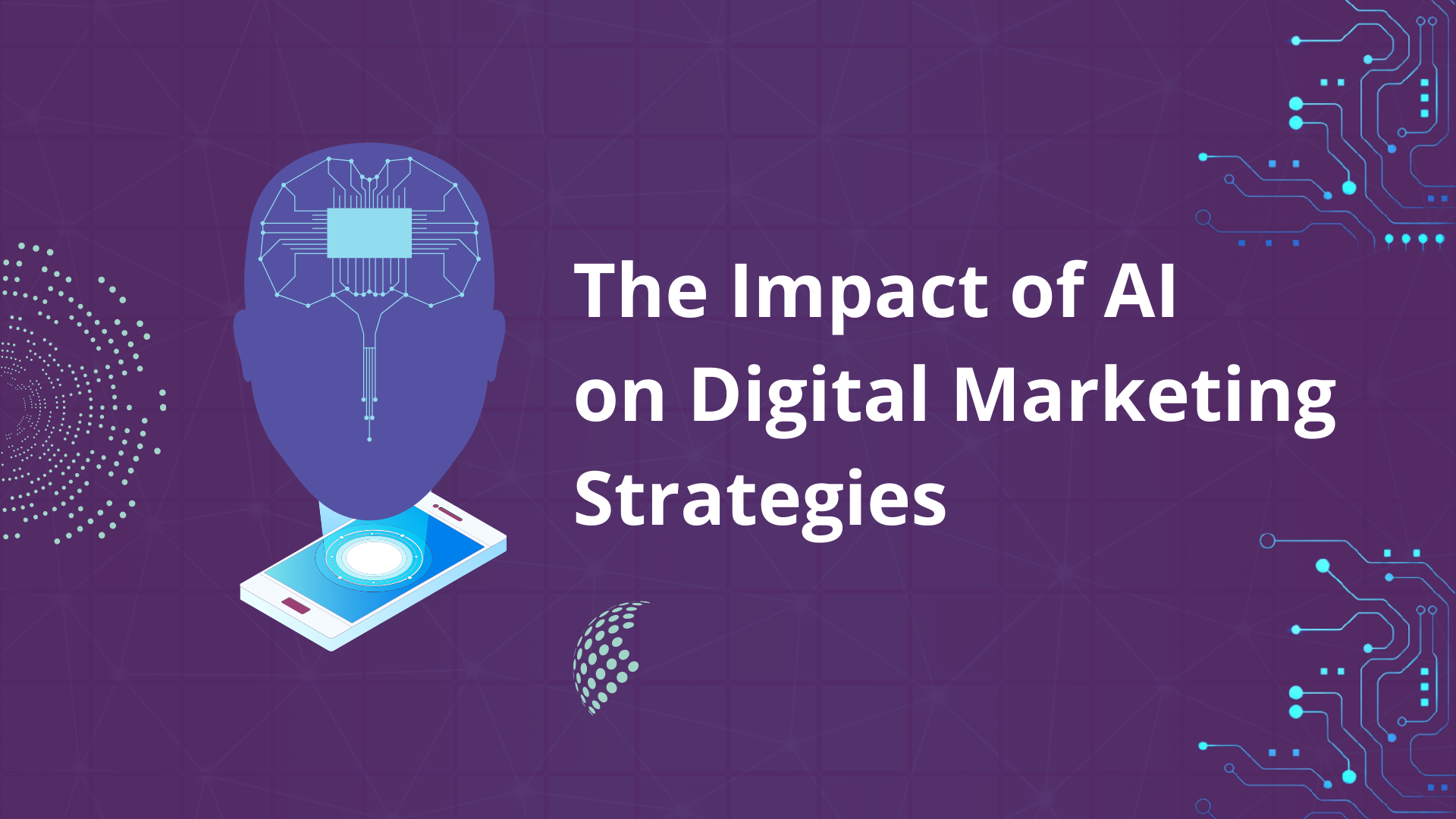Revolutionizing Marketing: AI’s Impact
In today’s fast-paced digital landscape, the role of Artificial Intelligence (AI) in revolutionizing marketing strategies cannot be overstated. As technology continues to advance at a rapid pace, businesses are constantly seeking new and innovative ways to reach their target audience and drive sales. AI has emerged as a powerful tool in the hands of marketers, offering unprecedented opportunities to analyze data, personalize content, and optimize campaigns for maximum ROI.
One of the key ways in which AI is shaping marketing strategies is through its ability to analyze vast amounts of data in real-time. Gone are the days of manually sifting through spreadsheets and reports to gain insights into customer behavior. AI-powered analytics tools can now process data at lightning speed, allowing marketers to make data-driven decisions quickly and effectively. This not only improves the efficiency of marketing campaigns but also enables businesses to target their audience with greater precision.
Personalization is another area where AI is making a significant impact on marketing strategies. With the rise of big data and machine learning algorithms, businesses can now create highly personalized content that resonates with individual customers on a deep level. From personalized email campaigns to targeted advertisements, AI-powered tools can analyze customer data to deliver tailored messaging that drives engagement and conversions. This level of personalization not only improves the customer experience but also increases the likelihood of a sale.
Furthermore, AI is revolutionizing the way businesses optimize their marketing campaigns. Through predictive analytics and machine learning algorithms, marketers can now forecast trends and consumer behavior with a high degree of accuracy. This allows businesses to adjust their strategies in real-time, ensuring that they are always one step ahead of the competition. By leveraging AI to optimize campaigns, businesses can maximize their ROI and drive revenue growth.

Image Source: starling.social
In addition to data analysis and personalization, AI is also transforming the way businesses engage with their customers. Chatbots, for example, have become increasingly popular in recent years, allowing businesses to provide instant customer support and assistance 24/7. These AI-powered chatbots can answer customer queries, recommend products, and even process transactions, all without the need for human intervention. This not only improves the customer experience but also frees up valuable time for marketers to focus on higher-level strategic initiatives.
Overall, the impact of AI on marketing strategies cannot be understated. From data analysis to personalization to customer engagement, AI is reshaping the way businesses approach marketing in the digital age. By leveraging the power of AI, businesses can gain a competitive edge, drive revenue growth, and build lasting relationships with their customers. As technology continues to evolve, it is clear that AI will play an increasingly important role in the future of marketing, shaping strategies and driving success for businesses of all sizes.
Crafting Smarter Strategies with AI
In this digital age, businesses are constantly seeking ways to stay ahead of the competition and connect with their target audience in more meaningful ways. One of the most powerful tools in their arsenal is artificial intelligence (AI), which is revolutionizing the way marketing strategies are crafted and executed.
AI is transforming the landscape of digital marketing by providing businesses with valuable insights into consumer behavior, preferences, and trends. By analyzing vast amounts of data in real-time, AI can help marketers identify patterns and predict future trends, allowing them to tailor their strategies to better meet the needs of their target audience.
One of the key benefits of using AI in marketing is the ability to personalize content and messaging for individual consumers. By leveraging AI-powered algorithms, marketers can deliver hyper-targeted messages to specific segments of their audience, increasing the likelihood of engagement and conversion.
AI also plays a crucial role in optimizing marketing campaigns by automating repetitive tasks and streamlining processes. This allows marketers to focus their time and energy on more strategic initiatives, such as developing creative campaigns and analyzing performance metrics.
Furthermore, AI enables marketers to track and measure the effectiveness of their campaigns in real-time, providing valuable insights into what is working and what is not. This allows them to make data-driven decisions and adjust their strategies accordingly to maximize their return on investment.
In addition to enhancing marketing campaigns, AI is also reshaping the way businesses interact with customers. Chatbots powered by AI technology are becoming increasingly popular as a way to provide instant customer service and support. These virtual assistants can answer common questions, provide product recommendations, and even facilitate transactions, all without human intervention.
Another area where AI is making a significant impact is in the realm of predictive analytics. By analyzing historical data and predicting future trends, AI can help marketers identify potential opportunities and challenges, allowing them to proactively adjust their strategies to stay ahead of the curve.
Overall, the integration of AI into marketing strategies is revolutionizing the way businesses connect with their audience and drive growth. By leveraging the power of AI to personalize content, automate processes, and optimize campaigns, marketers can craft smarter strategies that deliver tangible results.
As we continue to witness the evolution of digital marketing, it is clear that AI will play an increasingly important role in shaping the strategies of the future. By embracing this technology and harnessing its capabilities, businesses can stay ahead of the curve and drive success in an ever-changing landscape.
The Impact of AI on Digital Marketing Strategies